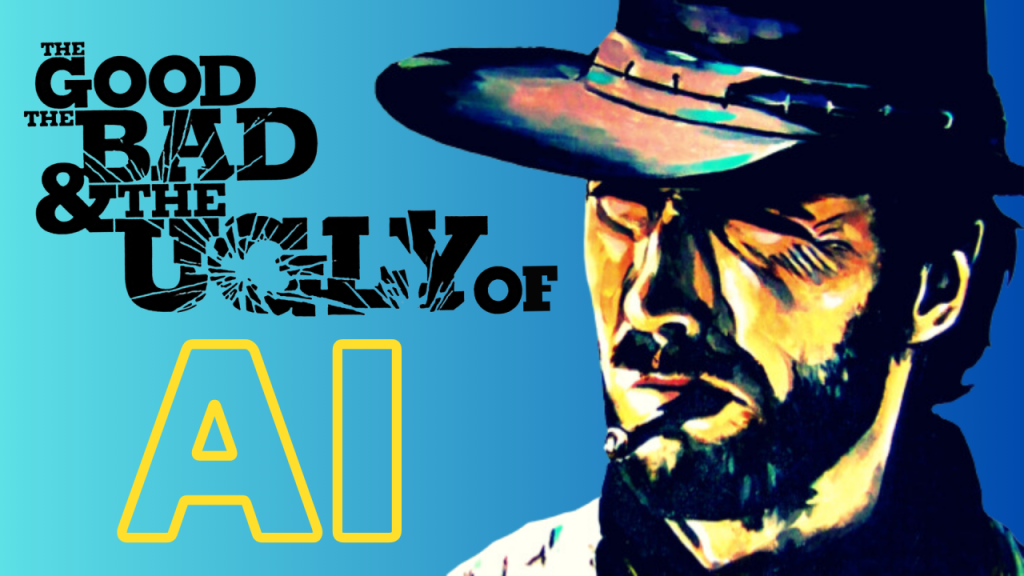AI ChatGPT: The Good, Bad, and Ugly
Artificial Intelligence (AI) has come a long way, and it continues to advance rapidly in various fields. One such development is the creation of chatbots powered by AI, such as ChatGPT. These AI chatbots have gained immense popularity for their ability to engage in text-based conversations that mimic human-like interactions. While there are many positive aspects to these systems, there are also concerns and potential downsides that need to be addressed. In this article, we will explore the good, bad, and ugly sides of AI ChatGPT.
Let’s start with the good. AI ChatGPT has revolutionized customer service, aiding companies in providing support round the clock. These chatbots can handle numerous queries simultaneously, significantly reducing wait times for customers. They are capable of understanding and responding to natural language inputs in an efficient and timely manner, enhancing the overall user experience. Moreover, chatbots like ChatGPT are constantly learning from interactions, which means they improve with time, becoming more accurate and helpful.
Another positive aspect of AI ChatGPT is its potential in education. By leveraging AI technology, students can access personalized learning experiences. Chatbots can deliver tailored educational content to cater to individual needs and provide immediate feedback. This not only improves engagement but also allows students to learn at their own pace. Additionally, AI chatbots can act as virtual tutors, assisting learners in solving problems and guiding them through complex concepts.
Despite these advantages, there are some downsides to consider. One of the major concerns with AI ChatGPT is the issue of bias. These chatbots learn from vast datasets available on the internet, which may contain biased or discriminatory information. Consequently, there is a risk of inadvertently perpetuating biases during interactions. Developers must ensure rigorous testing, monitoring, and fine-tuning to mitigate bias and promote fairness in AI chatbot outputs.
Moreover, AI ChatGPT lacks real understanding and empathy, which can be problematic in certain scenarios. While it excels at mimicking human-like conversations, it falls short when it comes to true comprehension. This limitation can lead to misinterpretation of queries and inappropriate or irrelevant responses. It is crucial to strike a balance between accurate information delivery and maintaining a human touch.
Now, let’s delve into the ugly side. One of the major concerns surrounding AI ChatGPT is its potential misuse for malicious purposes, such as spreading disinformation, scams, or even generating fake news. The advanced capabilities of these chatbots make them susceptible to manipulation by individuals with ill intentions. Ensuring AI ethics and implementing robust security measures are paramount to minimizing the risk of abuse.
Privacy is also a significant issue. Interactions with AI chatbots often involve the disclosure of personal information. If not handled carefully, this data can be exploited, leading to breaches and privacy infringements. Strict regulations and adherence to privacy policies must be in place to protect user information and maintain trust.
In conclusion, AI ChatGPT has brought several positive advancements, especially in the realms of customer service and education. However, we must tread cautiously and address the downsides and risks associated with these systems. Bias, lack of comprehension, potential misuse, and privacy concerns must be closely monitored and mitigated. Collaboration between developers, researchers, and policymakers is crucial to foster responsible and beneficial use of AI chatbots like ChatGPT. By doing so, we can harness the power of AI to create a positive and sustainable future.
https://wedoallthework.now.site


